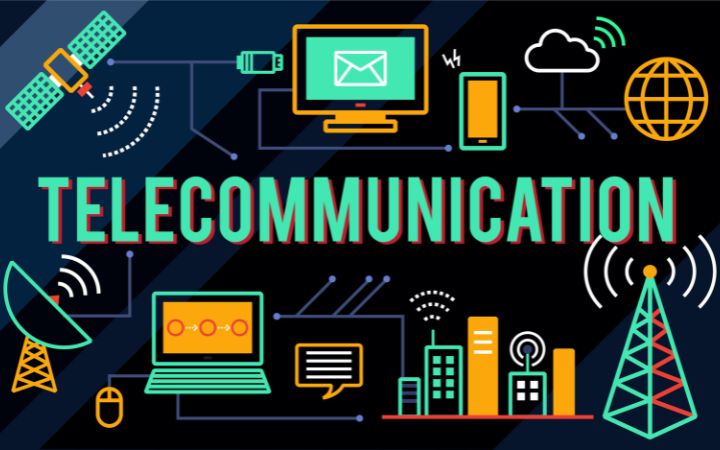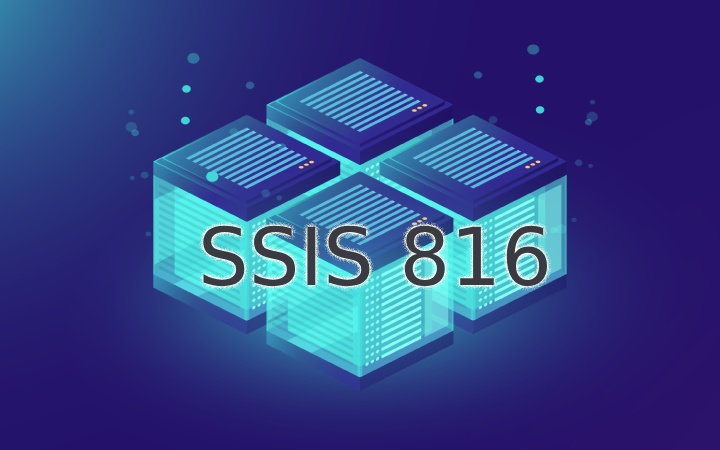Security In Teleworking: The Importance Of VPNs

Teleworking has gained ground in recent years and, more recently, has been widely adopted as a preventive measure to prevent the spread of COVID-19. Despite its advantages, working from home presents new risks for computer security (cybersecurity). In this article, we will focus on one of the most important aspects to guarantee teleworking safety: using a virtual private network (VPN).
What Is A VPN, And How Does It Work?
A virtual private network (VPN) is a secure connection between two or more devices over the Internet. A VPN establishes an encrypted communication tunnel between the user’s device and the private network server. Data sent and received over this connection is protected and encrypted.
The security provided by a reliable VPN makes it impossible for local network administrators, Internet service providers, hackers, or other spies to see what you’re doing online. The benefit of a VPN is that it becomes impossible for attackers to read data when passing over WIFI.
A VPN is a technology that allows you to create a safe and secure private network on the Internet. This is especially important in teleworking since a remote worker’s internet connection is vulnerable to external attacks, such as password theft or the interception of confidential information.
Teleworking: A Need That Is Already Part Of Our Lives
Teleworking is a work modality in which people do their work from home or any place that allows them to access the Internet and communicate with their colleagues and superiors through digital tools.
Advantages Of Teleworking
Flexibility: Workers can have greater control over their time and schedules, allowing them to balance their work and personal lives better.
Saving time and money: By not having to travel to the office, time and transportation costs are saved.
Increased productivity: Workers can focus better on their tasks by avoiding distractions and noise in the office.
Stress reduction: By avoiding the stress of commuting and traffic congestion, workers can have a better quality of life and reduce their stress levels.
Lower environmental impact: By not having to travel, the emission of polluting gases and the carbon footprint are reduced.
Greater access to talent: Companies can hire workers from anywhere in the world, allowing them to access more talents and skills.
These are just some of the advantages of teleworking. However, it is also important to mention that this work modality presents some challenges, such as maintaining good communication and coordination with other team members or separating personal life from work. Work when working from home.
Why Is It Essential To Use A VPN When Teleworking?
One of the most significant risks in teleworking is that employees often connect to the Internet through unsecured public networks, such as coffee shops, airports, or libraries. These networks are easy to hack; therefore, any information transmitted through them is vulnerable to cybercriminals.
A VPN provides an additional layer of security, as it encrypts all internet traffic transmitted between the user’s device and the private network, preventing third parties from intercepting or accessing confidential information. A VPN also hides the user’s IP address, making it more difficult for hackers to locate and attack them.
How To Choose A Suitable VPN For Teleworking
Many VPN options are on the market, and not all are created equal. When choosing a VPN suitable for teleworking, it is essential to take the following factors into account:
Security: The VPN must have strong encryption and a no-log policy to ensure user privacy.
Speed: The VPN must keep down the internet connection a little, which can negatively affect the remote worker’s productivity.
Ease of use: The VPN should be easy to install and configure so that the user does not waste too much time on technical tasks.
Compatibility: The VPN must be compatible with all devices used for remote work (for example, computers, tablets, and smartphones).
We must also keep in mind a series of requirements to find the perfect VPN service for us.
What Should A Good VPN Have?
Reputation: Reading consumer and professional reviews is essential to know its performance. It will also help us see whether it is a fake network.
Servers: the more servers you have, the better the browsing since users are not concentrated on just one. In addition to this, if we have closer servers, the connection will be faster and more reliable.
Encryption: The VPN service must have the highest encryption available, AES-256. This cipher has a more significant number of combinations, which makes it a cipher that is practically impossible to attack.
Shared IP addresses: the VPN we choose must offer us shared IP addresses, thus adding an extra layer of privacy.
Data logs: the service must expressly indicate that it DOES NOT keep data logs. This way, we will prevent our online activity from being exposed.
Features: We must choose a VPN that is as compatible as possible with our needs and best suits our way of using the network.
Customer service: to ensure that we will be assisted at any time, we must opt for a VPN service that offers customer service willing to help us with any unforeseen event or question.
Free trial: to ensure that the option best suits us, we must have a free trial. This way, we will experience its performance and ease of use before buying it.
VPN And Teleworking: Closing Words
Teleworking has increased the need to protect employee information and devices outside the corporate network. VPNs provide a secure means to access company resources remotely, helping to ensure that sensitive data is protected and not compromised. When choosing a VPN, it’s essential to consider security, speed, and ease of use to ensure it fits the needs of your company and your remote working team. Training and awareness are crucial to preventing employees from becoming the entry point for attackers and thus reducing the risk of cybersecurity incidents.
Therefore, both employers and employees must take proactive steps to protect themselves and stay safe online. With a conscious approach and appropriate security measures, it is possible to enjoy the benefits of teleworking without compromising the security of the company and its data.
Also Read: The 8 Best Password Managers






